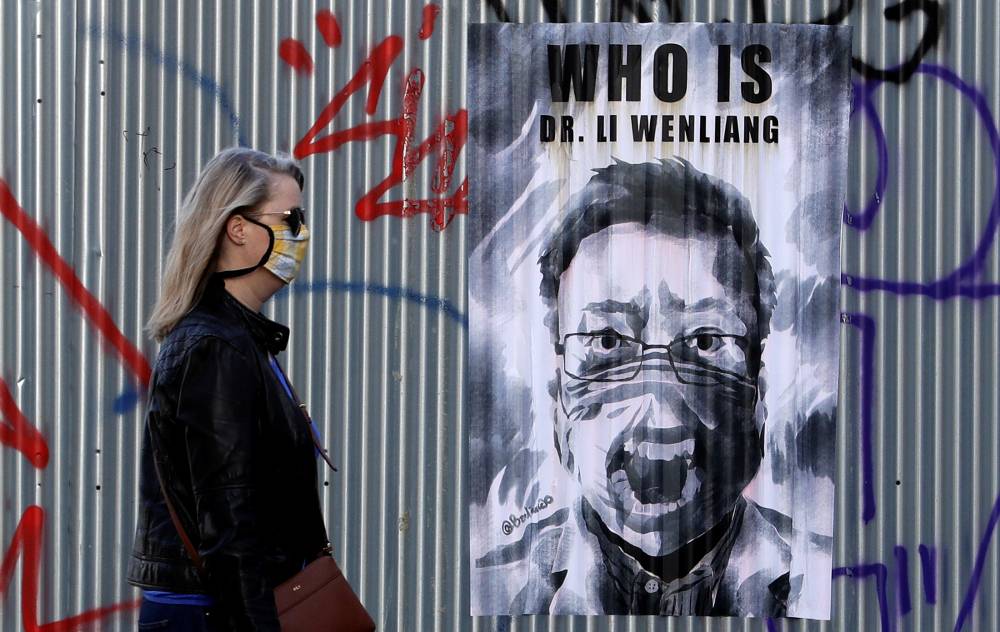Developing a vaccine or a treatment for a newly discovered virus is a painstakingly slow and detailed endeavor. Finding a compound that works, testing it in animals, and then rolling it out to clinical trials in humans can take years. And even the top experts in virology and epidemiology typically toil in obscurity, spending long, lonely hours in the lab and garnering fleeting interest only when an unknown ailment sparks headlines. The novel coronavirus has changed all that.
"I’ve got 57 million things to do at once,” says Sarah Gilbert, an Oxford University researcher who devised a vaccine considered one of the front-runners to stop the outbreak. Like other leading lights in the battle to contain COVID-19, she’s short on sleep and time as she cobbles together funding and fields calls on how to quickly get the vaccine into production.
Gilbert is one of the heroes of the current crisis, scientists who are racing against a virus that’s sparking fear and havoc across the globe. From Asia to Europe, North America, and Africa, infectious disease experts are trialing vaccines, developing new tests for the virus or devising innovative public health strategies to control the outbreak. This is a story about the people working flat-out to save us from the pandemic.



















With your current subscription plan you can comment on stories. However, before writing your first comment, please create a display name in the Profile section of your subscriber account page.